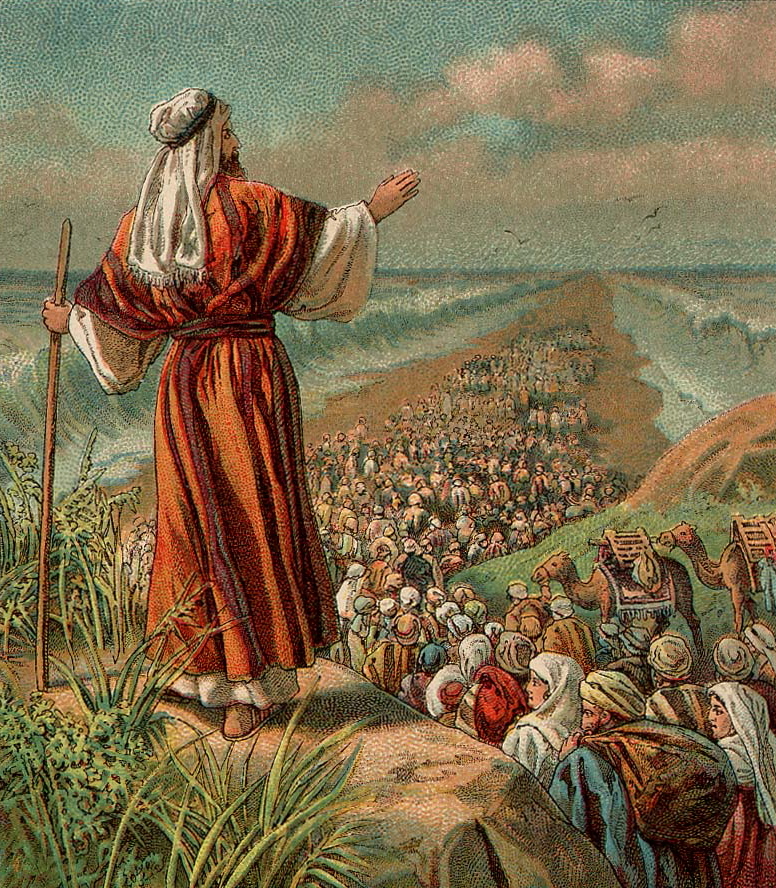“[W]e here highly resolve that these dead shall not have died in vain–that this nation, under God, shall have a new birth of freedom–and that government of the people, by the people, for the people, shall not perish from the earth.” (Abraham Lincoln, Gettysburg, PA, November 19, 1863)

As we celebrate Lincoln’s birthday on Sunday, let’s reflect on freedoms that still demand pursuit. There are many:
- Freedom from racism, sexism, prejudice, and discrimination
- Freedom from tyranny and injustice
- Freedom to have control and choice in regard to one’s body, one’s mind, one’s labor
- Freedom to live by the ethic of reciprocity without being punished for doing so.
Right now, important efforts to obtain freedom and democracy are underway in many parts of the world, and often without the support of our own democracy in the U.S.
Our own democracy is in need of support as well, as it is often undermined by our own government and citizens in the name of national security.
The United States does not have a good record regarding support for democratic movements elsewhere in the world. As a Muslim friend of mine said, the election of Barack Obama was in many ways revolutionary—an effort to take back the power of the people, by the people, and for the people from the ruling military/industrial/media complex.
The pro-democracy and Occupy movements throughout the world offer an opportunity for the President and the American people to put our money, support, and understanding where its professed values lie—to advance freedom, democracy, and peace.
Kathie Malley-Morrison, Professor of Psychology



